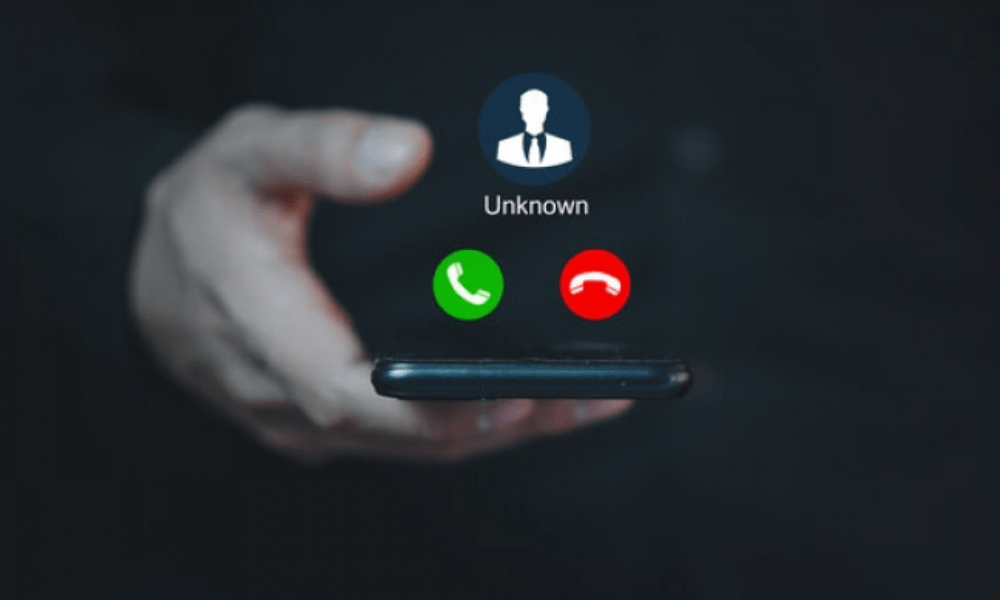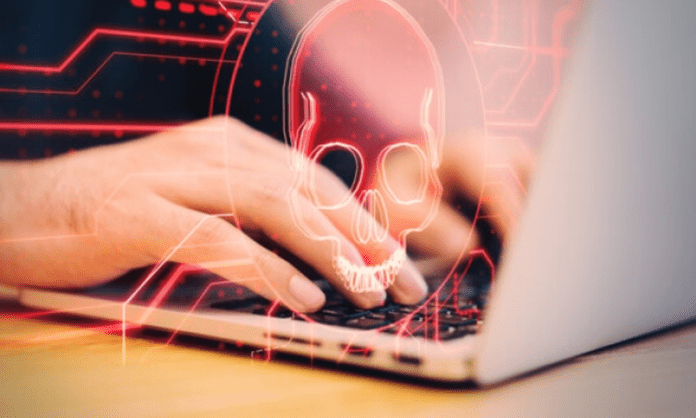Do you suspect your computer has been remotely hacked by a cybercriminal? Are you worried about the security of your personal, banking, or professional data? Don't panic, there are solutions to address this situation and protect your computer system . Here are the steps to follow if your computer is remotely hacked.
How can you tell if your computer has been hacked remotely?
Detecting a computer hack isn't always easy , as cybercriminals use increasingly sophisticated techniques to conceal themselves. However, some signs can alert you:
- Your computer is slower than usual or freezes frequently.
- Your mouse or keyboard is behaving unusually or without your input.
- Your webcam or microphone activates for no apparent reason.
- Your files are modified, deleted, or encrypted.
- Your programs close or open by themselves.
- You receive error messages or ransom demands on your screen.
- You notice suspicious activity on your online accounts (emails, social networks, bank, etc.).
- You notice unauthorized withdrawals from your bank account.
If you observe one or more of these symptoms, there is a strong chance that your computer has been remotely hacked.
What should you do if your computer is hacked remotely?

If you are the victim of a computer hack , here are the actions to take:
- Immediately disconnect your computer from the internet by unplugging the Ethernet cable or turning off Wi-Fi. This will limit the spread of the virus or malware and reduce the risk of data theft.
- Keep evidence of the hacking by taking screenshots, photos, or videos of messages or unusual activity. This evidence may be useful if you decide to file a complaint.
- Identify the source of the hack by trying to find out when your computer was infected. This could be related to opening an email attachment, downloading software, visiting a website, entering a password on a fraudulent page, etc.
- Perform a full antivirus scan of your computer using reliable and up-to-date software. If you don't have any, you can download one for free from the internet. Follow the software's instructions to detect and remove any potential threats.
- Uninstall any new programs that seem suspicious by going to your computer's control panel. If you have installed a remote management program, uninstall it as well and change all your passwords.
- Contact your family, friends, professional contacts, and online service providers (bank, insurance company, phone company, etc.) to inform them of the hack and ask them to check their accounts. The hacker may have used your email address or phone number to send them fraudulent messages or steal your identity.
- File a complaint with the appropriate authorities by going to the nearest police station or gendarmerie. Bring evidence of the hacking and any relevant documents (invoices, bank statements, etc.). You can also report the hacking on the Cybermalveillance.gouv.fr platform, which will direct you to specialized professionals.
How to protect your computer from remote hacking?

To avoid being hacked again , it's important to strengthen the security of your computer and online accounts. Here are some best practices to adopt:
- Regularly update your operating system , software, and antivirus. Updates fix security vulnerabilities and provide access to the latest features.
- Choose strong, unique passwords for each account . A strong password should be at least 12 characters long and include uppercase letters, lowercase letters, numbers, and symbols. Avoid using personal information or common words. Use a password manager to store them securely.
- Enable two-factor authentication (2FA) on your sensitive accounts . This system requires additional confirmation to log in, such as a code sent via SMS or email, or a fingerprint. This helps limit the risk of fraudulent access.
- Back up your important data regularly to an external storage device (USB drive, hard drive, etc.) or to an online service (cloud). This will allow you to recover it in case of loss or encryption by ransomware.
- Be vigilant against phishing attempts , which aim to trick you into clicking on a link or opening a malicious attachment by impersonating an official organization or a trusted individual. Check the sender, the spelling, and the content of the message before taking any action.
- Avoid connecting to public computers or Wi-Fi networks . If left unchecked, they can be controlled by hackers.
- Always log out of your account after use to prevent anyone else from accessing it after you.

FAQ
Here are some frequently asked questions about hacking a computer remotely:
How can I tell if my computer is being monitored remotely?
Software exists that allows remote monitoring of a computer's activity, such as keyloggers, which record keystrokes, or spyware, which transmits personal information. To determine if your computer is being monitored remotely, you can check the list of installed programs, your bandwidth usage, running processes, and temporary files. You can also use anti-spyware software to detect and remove these unwanted programs.
How to protect yourself from remote webcam hacking?
Remotely hacking your webcam can allow a hacker to spy on you or blackmail you. To protect yourself, you can disable your webcam in your computer's settings, use software that blocks webcam access, or simply stick a piece of tape over the lens.
How to protect yourself from remote hacking of your smartphone?
Remotely hacking a smartphone can have the same consequences as hacking a computer. To protect yourself, you must follow the same rules: keep your operating system and applications up to date, choose strong passwords and enable two-factor authentication, back up your data online in the cloud , be vigilant against fraudulent messages, avoid public Wi-Fi networks, and log out of your accounts after use. You should also lock your smartphone with a code or fingerprint and never lend it to strangers.
What should I do if my computer is hacked by ransomware?

Ransomware is malicious software that encrypts your computer's data , or a security vulnerability. If you are a victim of ransomware, here's what to do:
- Do not pay the ransom . There is no guarantee that the hacker will return your data, and you will be encouraging this type of cybercrime.
- Disconnect your computer from the Internet and other devices on the network to prevent the spread of ransomware.
- Keep evidence of the hack by taking screenshots or photos of the ransom note. This will be useful if you file a complaint or look for a decryption solution.
- Perform a full antivirus scan of your computer using reliable and up-to-date software. It may be able to remove the ransomware or quarantine it.
- Restore your data from a recent backup , if you have one. Otherwise, you can try recovering your files with data recovery software or search for a decryption tool online. Be aware that some tools may be malicious or ineffective.
- File a complaint with the appropriate authorities by going to the nearest police station or gendarmerie. Bring evidence of the hacking and any relevant documents (invoices, bank statements, etc.). You can also report the hacking on the Cybermalveillance.gouv.fr platform, which will direct you to specialized professionals.
Conclusion
Remote computer hacking is a serious threat that can have severe consequences for your data security and privacy . To protect yourself, it's essential to follow basic cybersecurity rules: keep your software up to date, choose strong passwords, back up your data, be vigilant against fraudulent messages , and so on. Among these messages, mobile phone spam is a common technique used by hackers to try to steal your personal information or infect your device with malware. These are unsolicited messages sent via SMS or email that urge you to click on a link or call a premium-rate number. Never reply to these messages and delete them immediately. If you are a victim of hacking, don't panic and follow the steps described in this article. Don't hesitate to seek professional help or file a complaint if necessary.




